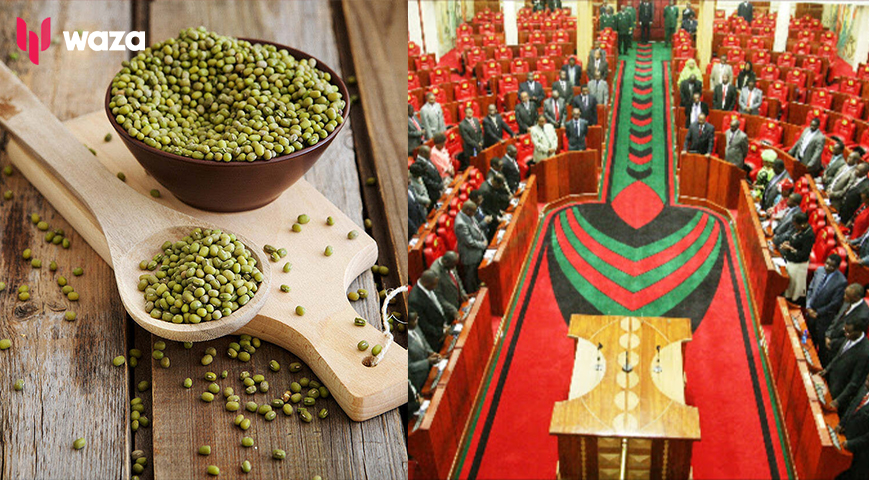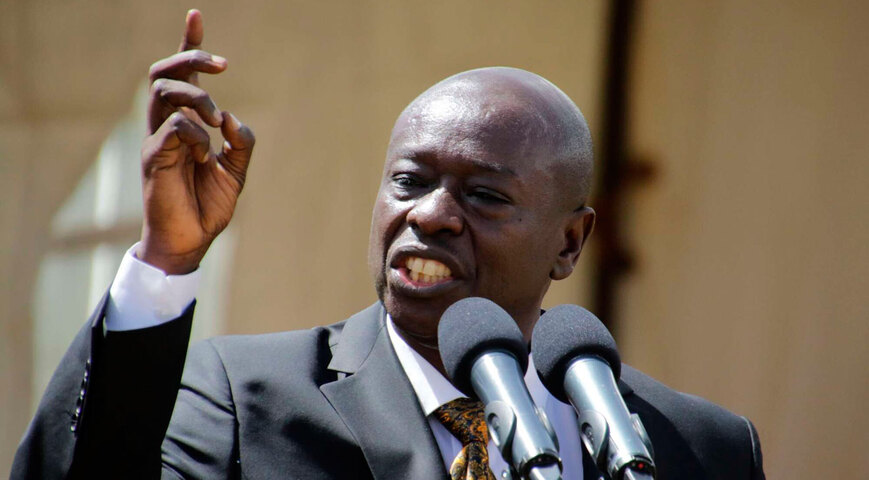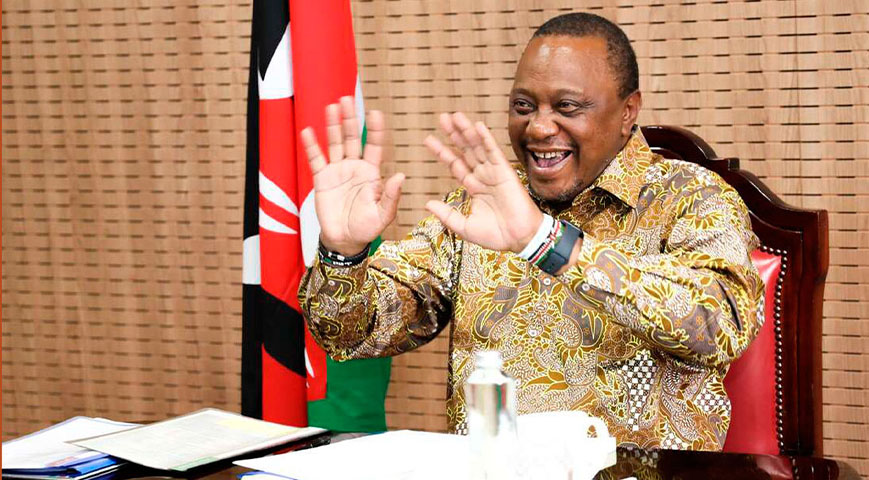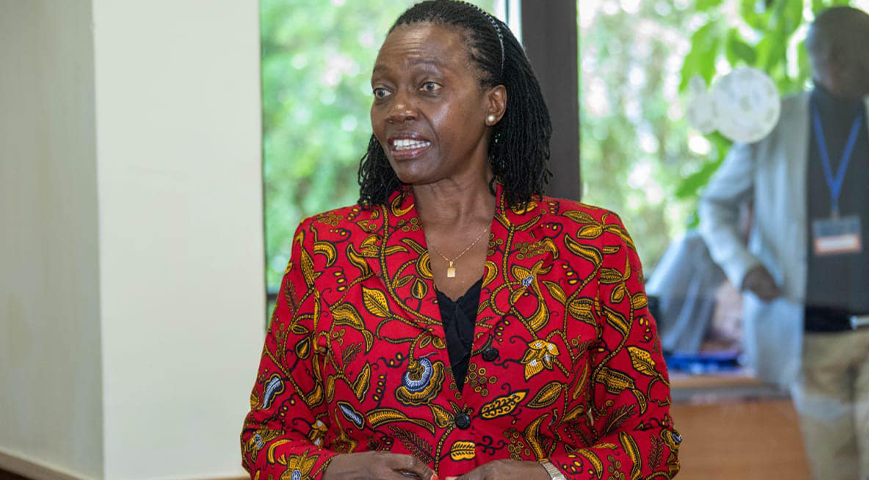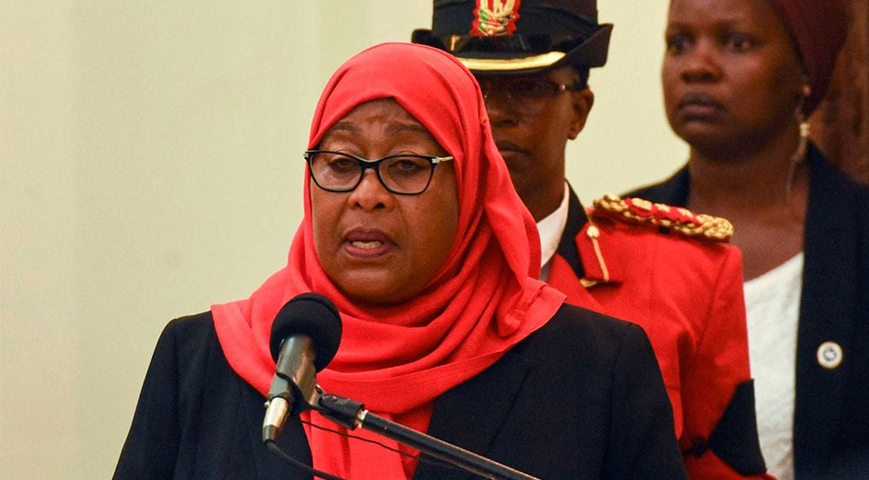The National Assembly on Tuesday rejected the Mung Beans Bill 2022 during its second reading. Most legislators voted against the controversial Bill, which included a mandatory 30-day mediation period to resolve its fate.
As a result, a mediation committee will now be formed by National Assembly Speaker Moses Wetangula and Senate Speaker Amason Kingi. This committee, with equal representation from both Houses, is tasked with creating a mutually agreeable version of the Bill within 30 days, after which a report will be presented to both Houses. According to Parliament’s statement, if both Houses approve the report and the revised Bill, it will be considered passed.

The Bill, sponsored by Kitui Senator Enoch Wambua, had already passed in the Senate before being forwarded to the National Assembly. Its goal is to establish a regulatory framework for the mung bean industry in Kenya, aimed at promoting the industry and increasing its economic value. One key provision of the Bill prohibits the sale of mung beans, also known as Ndengu, without a license from the respective county government. Violations would result in fines of up to Ksh 1 million, imprisonment for up to two years, or both.
Did you read this?
Additionally, the Bill requires county governments to issue licenses through a County Executive Committee (CEC) made up of a chairperson, a representative of mung bean growers, and three public officers from the agriculture department.

The CEC is responsible for maintaining a registry of all registered mung bean growers in the county, including details such as the grower’s name, location, land size, and the variety of mung bean grown. However, each county has the authority to set its own criteria for registering growers.
Amid rising criticism, Senator Wambua clarified that not all Kenyans would need a license to grow mung beans. He emphasized that only those involved in the marketing, processing, or large-scale trading of mung beans would require a license. He also noted that small and medium-sized farmers would only need to register with the relevant CEC member, similar to the registration process for tea and coffee farmers.

